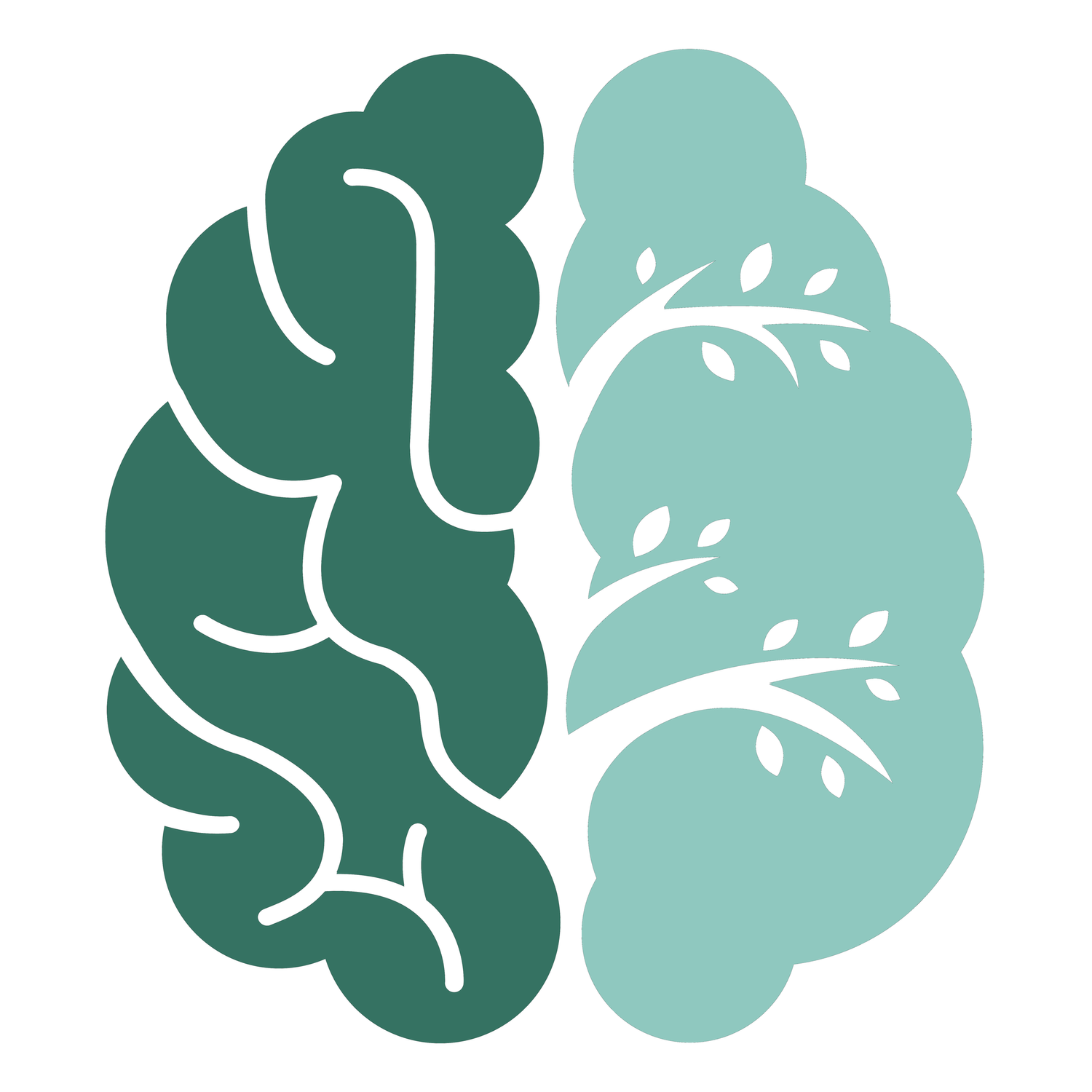Functional Neurological Disorder
Functional Neurological Disorder (FND) is like a software issue of the brain and nervous system, which means that there is hope for recovery.
Bloom Physical Therapy specializes in treatment of Functional Neurological Disorders, including Functional Movement and Gait Disorder.
What is FND?
Functional Neurological Disorder (FND) is an umbrella term that includes motor, sensory, or cognitive symptoms.
Examples of FND symptoms include weakness, dizziness, tremors, dystonia, tics, jerks, trouble with moving or walking, sensory or cognitive symptoms, dissociative events (functional seizures), and visual symptoms.
According to NORD, FND is defined as “a medical condition in which there is a problem with the functioning of the nervous system and how the brain and body sends and/or receives signals, rather than a structural disease process such as multiple sclerosis or stroke. FND can encompass a wide variety of neurological symptoms, such as limb weakness or seizures.” – NORD.
Although this definition was taken from the National Organization for Rare Disorders (NORD), FND is much more common than you might expect. You are not alone.
To learn more about FND, I recommend visiting: FND Hope and Neurosymptoms.org
What does treatment look like?
Treatment varies and is specific to the individual. Your “treatment pie” may include any of the following:
Motor control (movement) training: Motor control training refers to exercises that help to improve the way you move your body, this may include things like gait (walking) training, balance training, or functional task training. Exercises are designed to help you retrain the brain using automatic pathways in the nervous system.
Sensory training: Your sensory systems (like your touch sensation, position sense, equilibrium, etc.) may be affected. Working to restore sensory function can help to improve your ability to control your movements, reduce pain levels, and improve your overall function.
Addressing the autonomic nervous system: The autonomic nervous system is in charge of body functions that occur “behind the scenes” like control of your heart rate, blood pressure, blood flow, digestion, etc. It also influences how your body handles stress. “Exercising” your autonomic nervous system can be an important piece of your treatment pie.
Education: Understanding your condition and body is important for recovery and in some cases can be just as powerful as exercise.
Training related to physical impairments or conditions: Underlying conditions or injuries (for example, an orthopedic injury) can influence and sometimes perpetuate FND symptoms.
Addressing psychosocial and lifestyle needs: FND symptoms can be influenced by factors such as stress, trauma, sleep deprivation, fitness level, etc. Your treatment pie may consist of conditioning and fitness training and/ or referral to other professionals to help address these areas as needed.
Treatment tailored to you
No two individuals present exactly the same way. We believe it's imperative to provide individualized care that's evidence based and specifically designed for you. This means that you won't be given a cookie cutter program. Our one-on-one treatment model allows your therapist to reassess and adjust your plan at any time to meet your needs.




